Transnational Studies - Japan and the World
The contemporary world is marked by a curious state of tension. On the one hand, it is deeply globalized, with goods, people, culture and ideas circulating across borders on an unprecedented scale. Neither can two of the major crises we are facing, climate change and the COVID-19 pandemic, be contained on the level of individual states. Yet, nation states are still the most powerful political entities in the world, and nationalism is resurging, mobilizing the imagination and aspirations of people everywhere. Academic knowledge, too, is still often aligned with national borders and categories. Transnational studies is an interdisciplinary field that lives in the interstices of this tension. It reflects on why the “nation” has come to have such a powerful grip on the human imagination and social organization. It offers approaches that follow the historical and contemporary movement of ideas, things, people and practices beyond (= “trans”) national borders, explores how they are transformed along the way, and analyzes what enables and limits these movements. In this course, you will gain foundational knowledge about how to think transnationally. An initial module which introduces key concepts and approaches in transnational studies will be followed by four modules that use concrete case studies centered on Japan to spotlight how the transnational can be fruitfully employed across different disciplines, from history to sustainability studies. In doing so, the course offers foundational knowledge in how to navigate the complexities of our globalized world.
Supported Language(s): English
Instructor(s)
Instructors' Voices
In this course, you will learn about:
- Understand how the idea of nations structures movement and mobility in the contemporary world
- Understand how people, things and ideas flow and circulate across borders
- Analyze these flows on the material, conceptual and institutional levels
- Learn through four case studies how transnational analysis applies to Japan
- Employ questions from transnational studies in different disciplines from history to sustainability studies
Highlights
Highlight Video: Transnational Studies01
Highlight Video: Transnational Studies02
Highlight Video: Transnational Studies03
Learners' Statistics
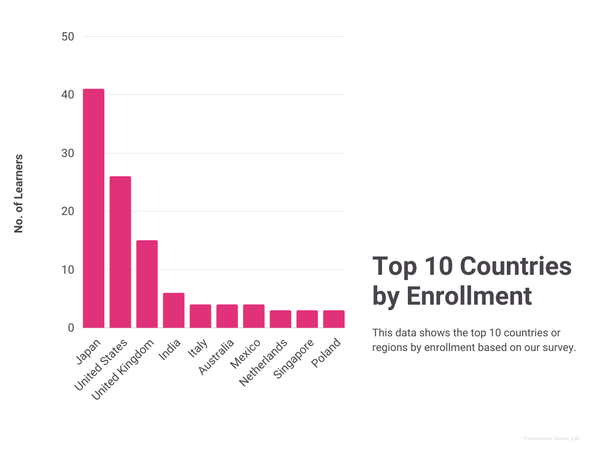
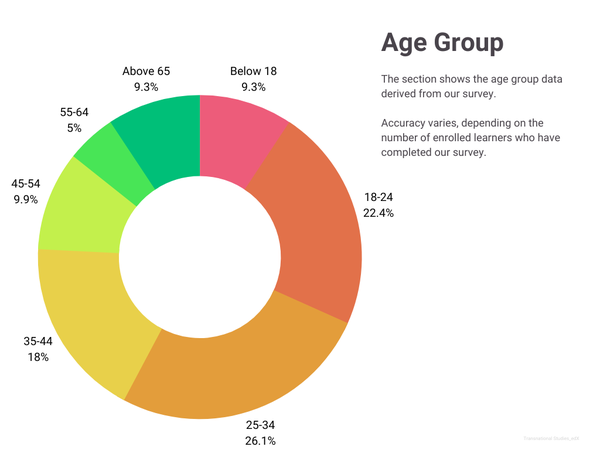
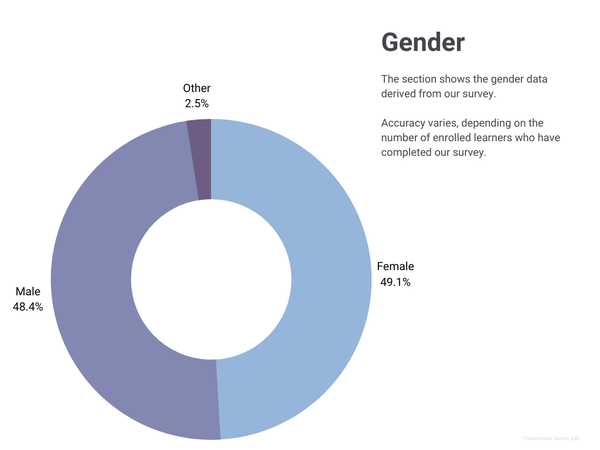
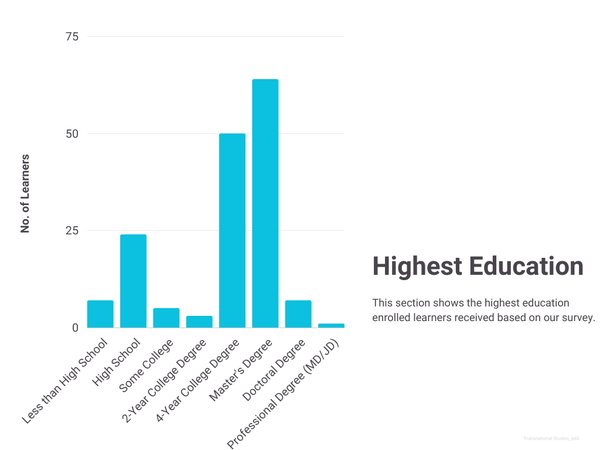
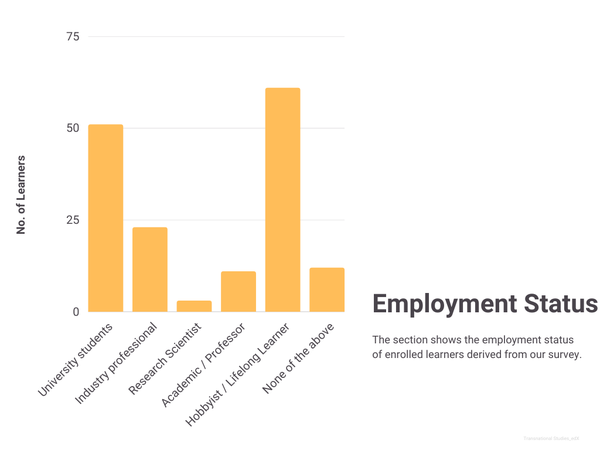
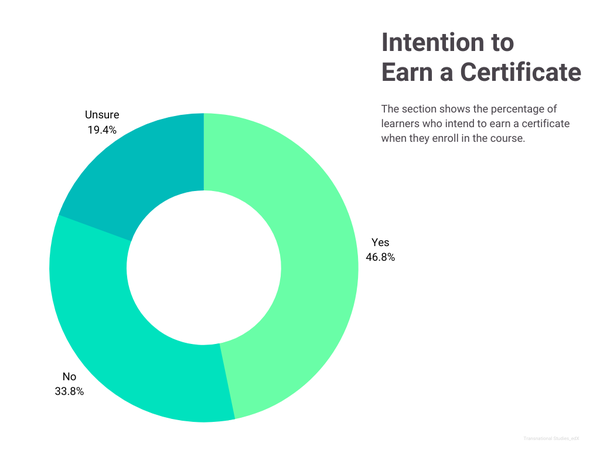
Learners' Voices
-
Student A
While taking this course, I realized that I had been doing transnational history without knowing it. I had in fact conducted research on Greek immigration to Belgium for my master's thesis in history. This research led me to tackle transnational themes (uprooting, permanent settlement in Belgium or return to Greece, comparison with Greek immigration to Germany, etc.). This course allowed me to discover tools that could enrich history - and particularly the history of immigration - whether it be at the level of the concepts used, the themes tackled, the methodology or the heuristic choices.
-
Student B
Module 2: Media Studies resonated the most with me and was the component of the course in which I was most engaged. It spoke the most to my personal interests because I am an avid consumer of Japanese entertainment media, as well as someone who is studying in college to enter the gaming industry ― something Japanese companies have a large presence in. I was delighted that this exact thing was a prominent topic in the module. Although I was already familiar with many aspects, I still felt like it gave me a little more context on the nature of Japan's relationship to and role in the industry I am hoping to break into.
-
Student C
I would like to learn more about Japanese politics and history, so I found the course content on the Edo Period (ex: Dutch traders and Dejima), along with the sakoku narrative to be quite fascinating.

